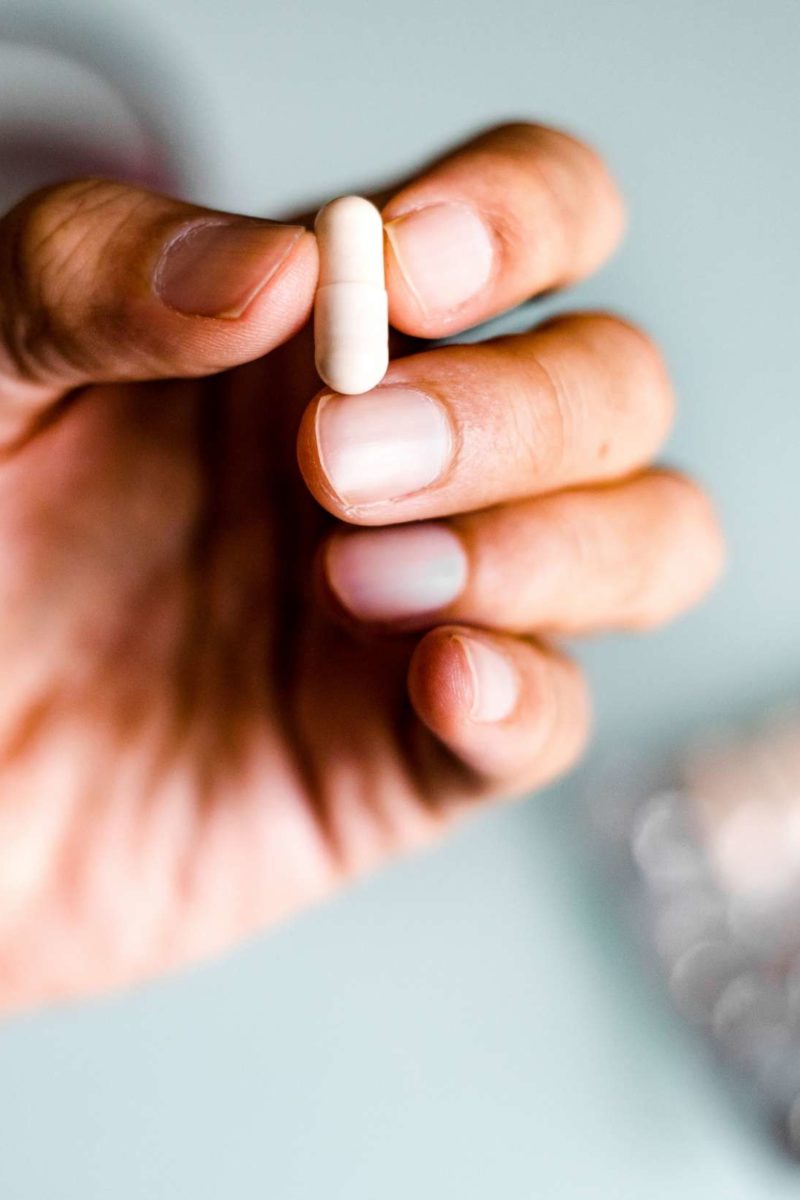1. Start with Foreplay
One effective way to avoid quick discharge of sperm is to prioritize foreplay. Engage in extended periods of intimate foreplay before moving on to intercourse. This can increase arousal levels and help build sexual tension, allowing for better control over ejaculation.

2. Practice the Start-and-Stop Technique
The start-and-stop technique involves stimulating the penis until the point of near ejaculation, then briefly stopping stimulation until the urge to ejaculate subsides. Repeat this exercise several times before allowing yourself to climax. This technique can help improve ejaculatory control over time.
3. Utilize Kegel Exercises
Kegel exercises are not just for women; they can also benefit men looking to improve sexual stamina. Strengthening the pelvic floor muscles can grant better control over ejaculation. To perform Kegels, simply contract and hold the muscles used to stop the flow of urine for a few seconds, then release. Repeat this exercise daily for optimal results.
4. Explore Different Sexual Positions
Some sexual positions can increase stimulation and contribute to quicker ejaculation. Experiment with different positions that allow for better control and reduced penile sensitivity. For instance, switching to positions where you have more control over the depth and pace of thrusting can help delay ejaculation.
5. Try Breathing and Relaxation Techniques
Anxiety and stress can contribute to premature ejaculation. Learning relaxation techniques like deep breathing exercises or mindfulness meditation can help calm the mind and body during sexual activity, enabling better control over ejaculation.
6. Consider Using Condoms or Desensitizing Products
Condoms can decrease penile sensitivity and help delay ejaculation. Look for condoms with built-in desensitizing agents or use topical desensitizing products designed to reduce sensitivity. However, use these products sparingly and as directed to avoid numbing sensations for both partners.
7. Communicate with Your Partner
Openly discussing your concerns and desires with your partner can help reduce anxiety and create a more supportive and understanding sexual environment. By working together, you can find solutions and techniques that benefit both of you during intimate moments.
Remember, achieving better control over ejaculation takes practice and patience. If the issue persists or causes significant distress, consider seeking advice from a healthcare provider or a sexual health professional who can offer further guidance tailored to your specific needs. By implementing these strategies and adopting a positive mindset, you can work towards improving ejaculatory control, extending the duration of your intimate encounters, and maximizing pleasure for both you and your partner.Related FAQs about how to avoid quick discharge of sperm
How common is premature ejaculation?
Premature ejaculation is a relatively common issue, affecting around 30% of men at some point in their lives.
What causes premature ejaculation?
Premature ejaculation can be caused by a variety of factors, including psychological issues, such as anxiety or stress, as well as physical factors like prostate problems or hormonal imbalances.
Can psychological factors contribute to quick discharge of sperm?
Yes, psychological factors like performance anxiety, stress, or relationship problems can all contribute to premature ejaculation.
Is medication available for treating premature ejaculation?
Yes, there are medications available that can help with premature ejaculation. Certain antidepressant medications, such as selective serotonin reuptake inhibitors (SSRIs), can have a beneficial effect in delaying ejaculation.
When should I seek professional help for premature ejaculation?
If premature ejaculation consistently creates distress or significantly impacts your sexual satisfaction and relationships, it is advisable to seek the guidance of a healthcare professional or a sexual health specialist for personalized advice and treatment options.
Glossary about how to avoid quick discharge of sperm
1. Pelvic floor muscles: The group of muscles that support the pelvic organs, including the bladder and rectum. These muscles play a role in controlling urination and ejaculation.
2. Premature ejaculation: A condition characterized by the inability to delay ejaculation during sexual activity, resulting in unsatisfactory sexual experiences. It is a common sexual problem affecting many men.
3. Start-and-stop technique: A method used to improve ejaculatory control. It involves stimulating the penis until near ejaculation, pausing stimulation to reduce excitement, and then resuming. Repeating this process helps delay ejaculation.
4. Kegel exercises: Exercises that involve contracting and relaxing the pelvic floor muscles to strengthen them. They are often recommended to improve bladder control, but can also enhance ejaculatory control in men.
5. Desensitizing products: Products like desensitizing condoms or topical creams that contain substances such as lidocaine or benzocaine, which temporarily reduce penile sensitivity. They can help delay ejaculation in men with hypersensitivity.
6. Condoms: A barrier contraceptive made of latex, polyurethane, or lambskin. They are designed to prevent pregnancy and protect against sexually transmitted infections (STIs). Additionally, certain types of condoms can help reduce penile sensitivity and prolong sexual activity.
7. Anxiety: A feeling of unease, worry, or fear, often associated with tense or stressful situations. Anxiety can contribute to premature ejaculation and hinder sexual performance.
8. Stress: A state of mental or emotional strain resulting from demanding circumstances. High levels of stress can negatively impact sexual performance and contribute to premature ejaculation.
9. Deep breathing exercises: Breathing techniques that emphasize taking slow, deep breaths from the diaphragm, promoting relaxation and reducing anxiety. Deep breathing exercises can help control sexual arousal and delay ejaculation.
10. Mindfulness meditation: A practice that involves focusing one's attention on the present moment, acknowledging and accepting thoughts, feelings, and bodily sensations without judgment. Mindfulness meditation can reduce stress and enhance sexual experiences.
